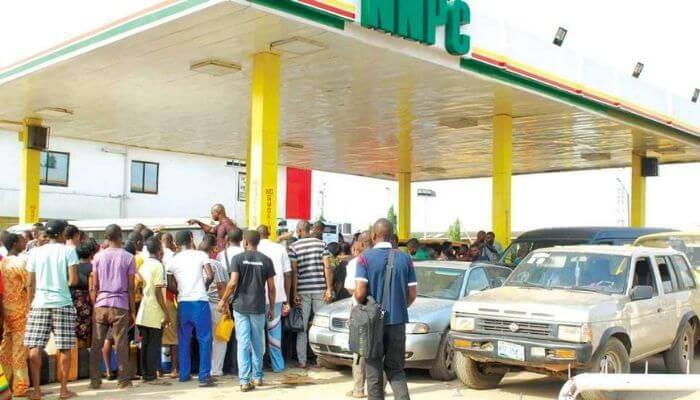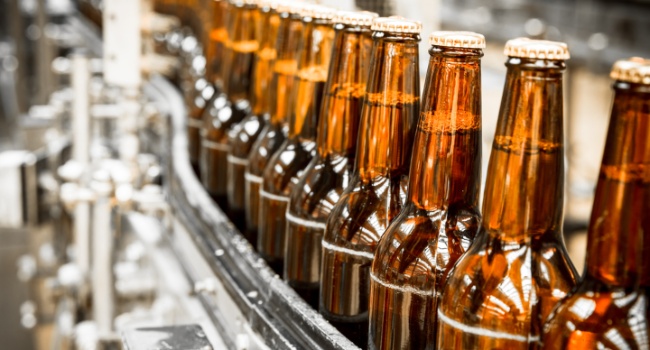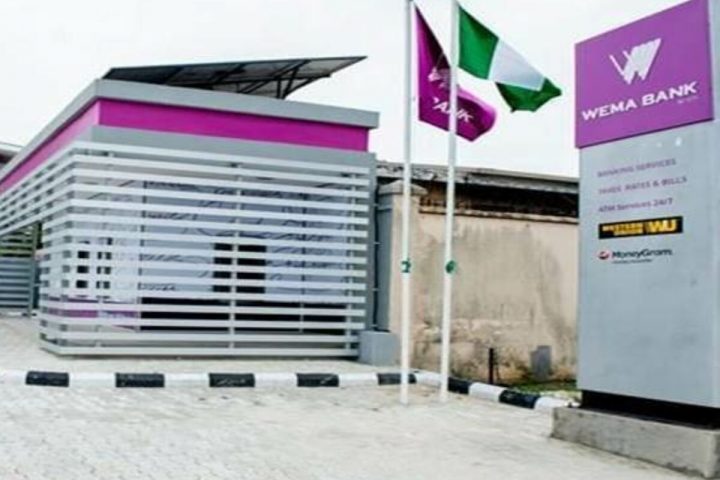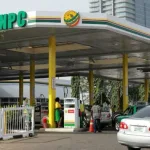Long Queues Return Amidst $6 Billion Debt
Fuel scarcity is once again gripping Nigeria as the Nigerian National Petroleum Company (NNPC), struggles with a $6 billion petrol payment backlog.
Long queues are forming at petrol stations across major cities like Lagos and Abuja, raising fresh concerns about fuel shortages in Africa’s biggest economy.
Join our WhatsApp ChannelNNPC’s Debt to International Traders
According to Prime Business Africa, NNPC owes around $6 billion to international traders for imported petrol. Traders have reported that the state-owned company is taking longer than the standard 90 days to make payments, causing significant delays.
An industry source told Reuters, “The only reason traders are putting up with it is the $250,000 a month (per cargo) for late payment compensation.”
Impact on Fuel Supply and Prices
The delayed payments have forced several international suppliers to stop participating in recent tenders. This has resulted in a reduced supply of petrol in Nigeria.
NNPC will import about 850,000 tonnes of petrol in July, down from the typical 1 million tonnes. Consequently, petrol scarcity has led to a spike in prices, with some stations reportedly selling fuel as high as N780 per litre, significantly higher than NNPC’s retail price of N580.
Ahmad Zakari, a civil engineer from Abuja, shared his experience: “Today, we could not get petrol at all the usual filling stations around Jabi, Utako, and Kubwa Expressway.”
READ ALSO: We’ve Declared War Against Challenges Affecting Crude Oil Production – NNPCL Boss
Efforts to Address the Crisis
Zarman Mustapha, Vice President of the Independent Petroleum Marketers Association of Nigeria (IPMAN), confirmed the supply drop, explaining that most depots have run out of stock.
“We have lots of trucks now waiting at the coastal depots to be loaded. The supply situation seems to have some glitches, which I believe NNPC is doing everything possible to sort out,” he said.
Government Response and Public Reaction
President Bola Tinubu announced an end to fuel subsidies last year, leading to a tripling of pump prices. However, NNPC capped these prices shortly after, as the public struggled with the rising cost of living.
The reintroduction of fuel subsidies is expected to cost nearly half of Nigeria’s projected oil revenue this year.
According to the IMF, the implicit subsidy will cost Nigeria an estimated N8.43 trillion of its projected N17.7 trillion oil revenue.
Bank of America projects it could cost between $7 billion and $10 billion if Nigeria imports 18 to 25 billion liters of petrol this year.
Future Prospects
Despite being Africa’s largest oil producer, Nigeria imports most of its petrol due to insufficient refining capacity. However, the upcoming 650,000 barrel-a-day refinery outside Lagos, owned by Aliko Dangote, and another in Port Harcourt controlled by NNPC, could potentially change this scenario.
The hope is that these refineries, once fully operational, will meet domestic demand and alleviate the ongoing fuel crisis.
NNPC’s challenges highlight the broader issues within Nigeria’s fuel supply chain, emphasizing the need for effective management and timely payment to maintain a stable fuel supply. The current situation underscores the importance of sustainable solutions to ensure fuel availability and price stability for Nigerians.
Emmanuel Ochayi is a journalist. He is a graduate of the University of Lagos, School of first choice and the nations pride. Emmanuel is keen on exploring writing angles in different areas, including Business, climate change, politics, Education, and others.
- Emmanuel Ochayihttps://www.primebusiness.africa/author/ochayi/
- Emmanuel Ochayihttps://www.primebusiness.africa/author/ochayi/
- Emmanuel Ochayihttps://www.primebusiness.africa/author/ochayi/
- Emmanuel Ochayihttps://www.primebusiness.africa/author/ochayi/




















Follow Us